In the wake of the ongoing violence from the Israel-Hamas war, members of Baruch College’s Middle Eastern and North African Society shared how the club has worked to advocate for its members and how they’ve been personally impacted.
“It’s definitely created tension within the Baruch community, but only because of the neglect and the way that the CUNY chancellor and the way that President Wu aren’t condemning the acts against the Palestinian people, and they’re only condemning acts against the Israeli people,” Du’a Zaid, the president of MENA, said.
MENA, Baruch College’s Muslim Student Association, Baruch Muslim Business Association, and Baruch Women In Islam posted a joint statement on Instagram on Oct. 9. They wrote that they “strongly condemn the recent Israeli attacks on Gaza. We stand in solidarity with Palestinians who are resisting the occupation of their land and fully support Palestinian Liberation.”
In the statement, they called Baruch President S. David Wu’s email in response to the global situation “deeply disheartening.”
“I’d like for the administration to condemn what’s happening in Gaza right now, to give Palestinian and Arab students and Muslim students reassurance of our safety, to give us the same support resources other students have been getting,” Zaid said in an interview.
She said she hoped the administration would proactively address Arab and Muslim students.
“I wish no email was sent out because you’re a secular university, why are you standing with one and not the other?” Zaid said. “But because an email was sent out, I’d like a statement condemning the actions that Israel is committing against Gazan people, the Palestinian population in Gaza right now, to make Palestinian and Arab students feel like they’re being heard.”
Baruch students organized a CUNY-wide rally on Oct. 13 that started at the Clivner=Field Plaza at Baruch and marched to Times Square. There, they joined a larger demonstration organized by Within Our Lifetime, a “Palestinian-led community organization” focused on establishing an independent and unified Palestinian state.
MENA made an Instagram post for the event in collaboration with John Jay Students for Justice in Palestine, City College of New York Students for Justice in Palestine, Palestine Solidarity Alliance at Hunter College, CUNY 4 Palestine and Within Our Lifetime. The post listed 33 clubs and organizations involved, including the Baruch College Muslim Association. The post received over 2,800 likes.
Zaid said the march brought her a sense of solidarity.
“We were marching and one of the guys at one of the Halal carts started handing out water bottles to us and we were marching and this lady was like, ‘I support you guys,’” she said. “It was moments like that where I felt very empowered.”
She said the demonstration was not divided along religious lines.
“There are Jews that came to protest, they come to protests, and there’s an entire organization saying Jews for Palestine,” Zaid said.
She said the march supported Palestine – not Hamas.
“When we hold [the Palestinian] flag we’re not representing any terrorist organizations, we are not representing Hamas, we’re not representing anything that would be threatening,” she said. “We’re representing the children. We’re honoring the children who have been massacred. We’re honoring the 75 years of occupation with that flag.”
She said participating in the march made her feel seen.
“I think it just kind of humanized us for a little because at the school, we felt dehumanized,” she said.
Hanan Abisse, MENA’s chair of marketing, said negative narratives surrounding student demonstrators take a toll on everyone’s mental health.
“Nobody talks about the psychological impact of having people villainize you,” Abisse said. “The fact that you have to bring defense, how can you think I’d be threatening in any way when I’m holding a peaceful protest, a right of mine?”
She said the American ideals partly inspired the students to exercise their rights.
“We are American citizens, and all of us know that for a fact everyone in this country that has had an issue regarding oppression, they went and protested, and they made a change,” she said. “We said we’re not doing anything wrong: this is freedom of speech, we have the right to assemble.”
Abisse and Zaid both said they do not feel safe in the city or at Baruch.
Both wear the hijab and said being visibly Muslim makes them obvious targets.
“We’re all scared but we’re going to persevere through it,” Zaid said. “My mom tells me all the time stories after 9/11, she tells me the stuff she experienced. If our family and our parents could experience all the hate crimes that often happened after 9/11, we can do the same thing now and we’ll do it even better.”
Hate crimes against Muslims spiked 500% from 2000-2009, data from Brown University found.
Zaid said an exchange between students at a vigil highlighted the difference in how safety concerns are handled.
Hillel at Baruch, a Jewish student organization, held a vigil on Oct. 10 for those killed by the Hamas attack on Oct. 7. There was a moment of conflict between students, which MENA posted on its Instagram page.
When deciding how to address the situation, Zaid said public safety weighed whether the student “was in a position to actually kill him in that moment.”
“It was an empty threat, was the words that [public safety] used,” Zaid said. “When I receive a response like that, I don’t feel safe, and I don’t feel like any death threat that I would probably be given would be taken seriously.”
Several days later, students took a photo holding the Palestinian flag on the second floor of the William Newman Vertical Campus. Other students filed complaints about them taking the photo.
“Why is that threatening – us taking a picture with a flag on our campus where we’re supposed to feel safe?” Zaid said. “The Palestinian student we actually posted, who was told ‘I’ll kill you,’ nothing has been done about that.”
Abisse said people conflate Hamas with Palestine and Palestine with all Arabs “all the time.”
“It’s actually becoming concerning how uneducated the community has become and it’s not their fault, it’s the way media has portrayed the whole situation,” she said. “I think everybody that is not aware of the Palestine community and has never heard of it almost automatically assumes that if you’re a Palestinian you probably do support Hamas.”
Abisse said it’s frustrating when the media and individuals assume demonstrators support Hamas.
“Why do you just go up to anyone who is pro-Palestinian and automatically assume that they support the actions of Hamas?” Abisse asked. “Do you know that only 1.5% of Palestinians are part of Hamas and the majority of Palestinians condemn what Hamas does because they know that they’re putting them as a target, at a risk?”
Zaid said she hoped students who felt threatened by the Palestinian flag would have a respectful discussion with her.
“If you feel threatened, I would love for you to come up to me, ask me ‘Hey, why are you waving this flag around, I was taught that this flag meant something bad,’ and I’d be more than happy to educate you on what we want this flag to mean because we want that flag to be for the lives lost,” she said.
She said she has been taught the importance of remembering the state of the region and reminding others to do the same.
“Growing up as an Arab, we know and we’re aware and we’re taught from a very young age this is what is happening to our people in Palestine, never forget them,” she said.
MENA, whose aim is to “educate, celebrate and keep Arab culture alive through MENA students at Baruch,” posted a statement on Instagram that the club would continue to focus on Palestine.
“MENA cannot pursue our club mission to celebrate Arab culture while our Arab people are suffering,” they said.
Zaid said she hopes MENA will be a place for students to find community.
“As President of MENA, I open my club to every student at Baruch, especially to the Palestinian students and Arab students who feel like they are unsafe,” she said. “I think I want my club, and I want the environment at Baruch to promote that.”


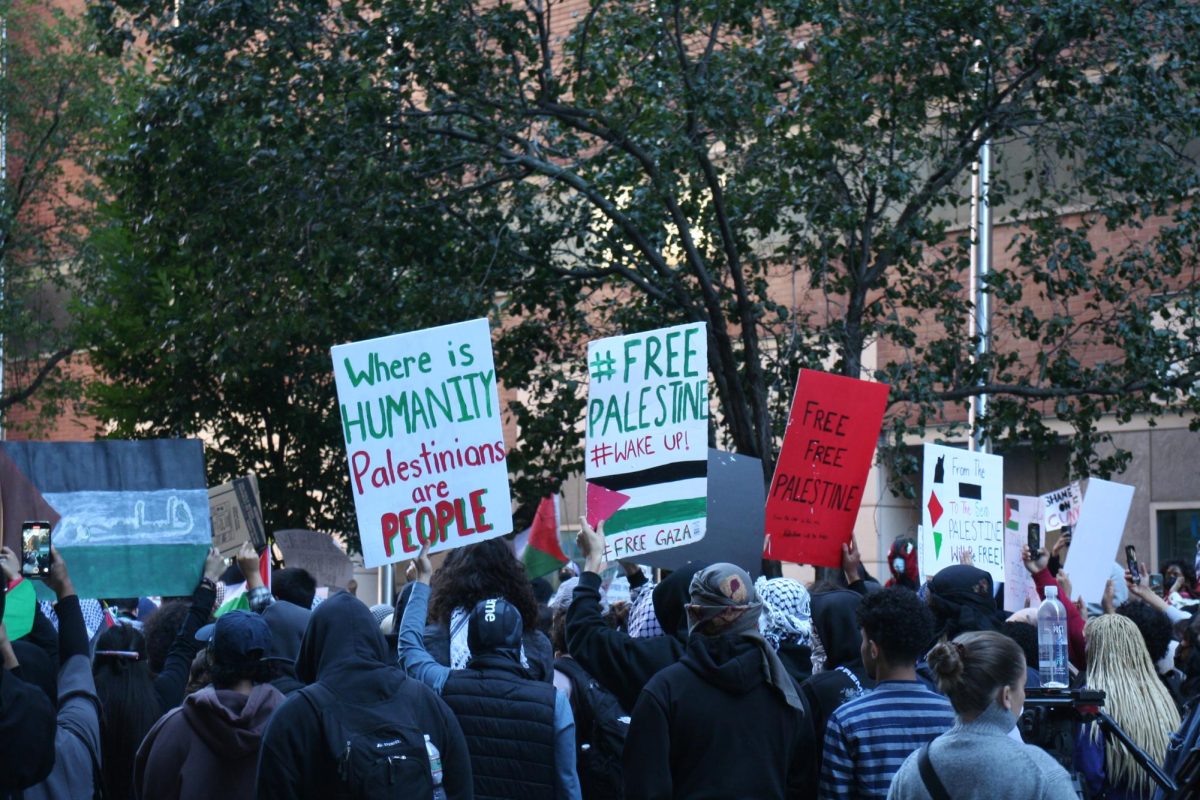



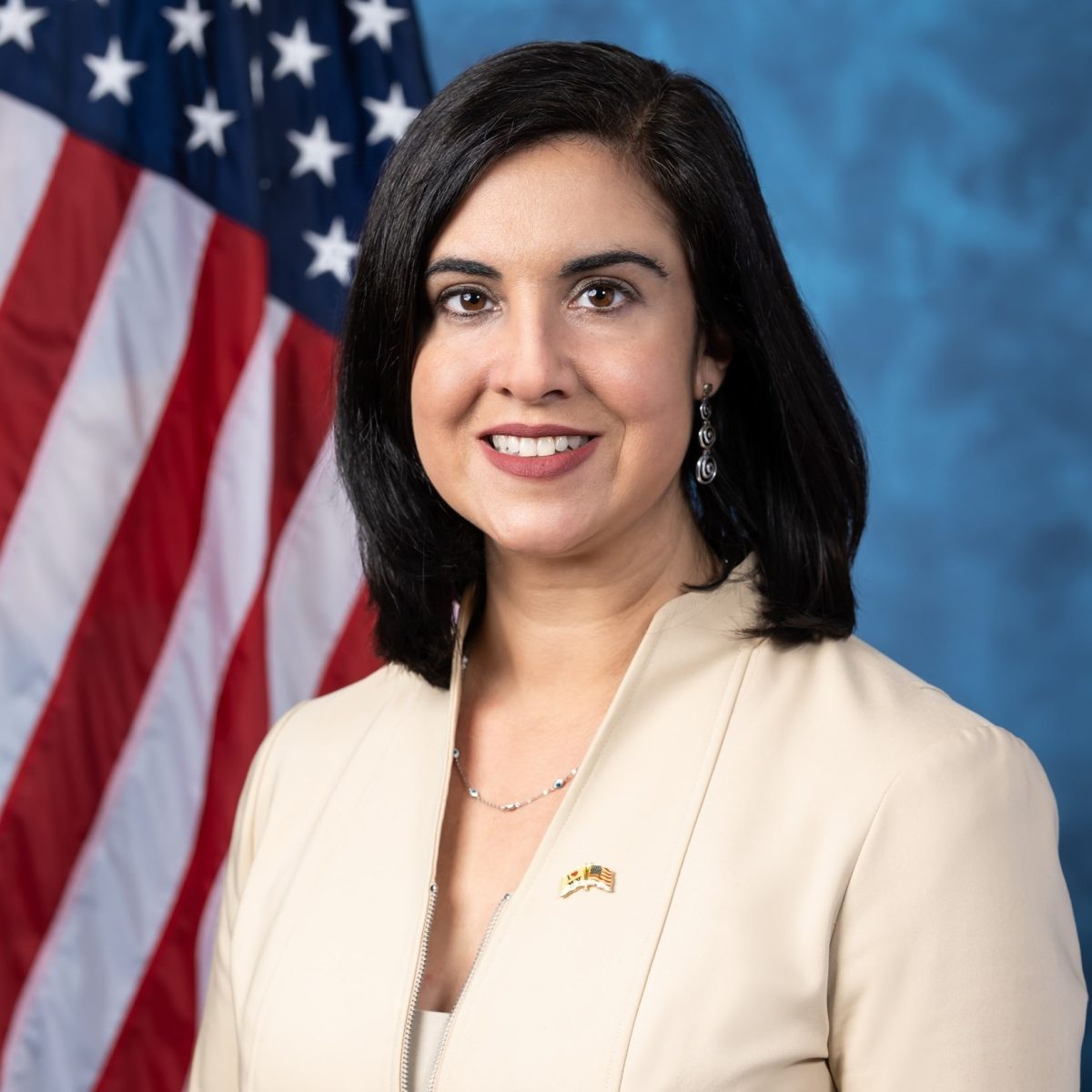
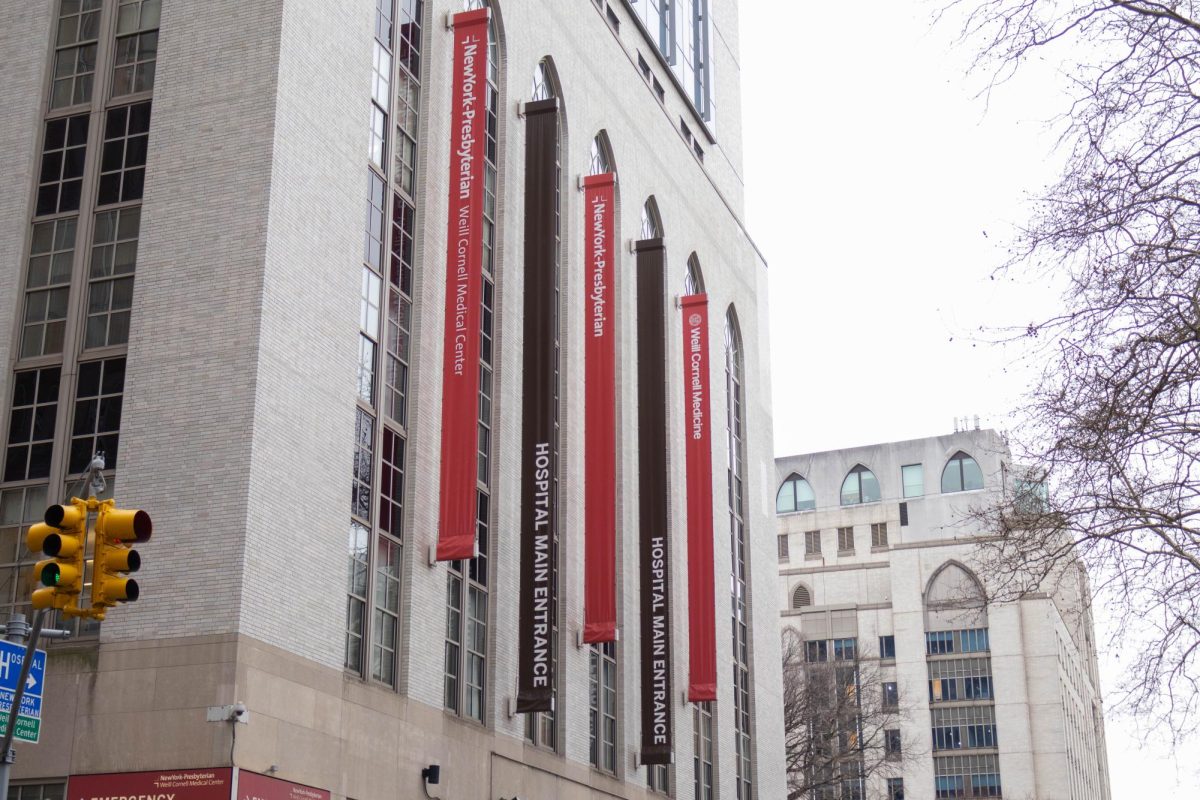
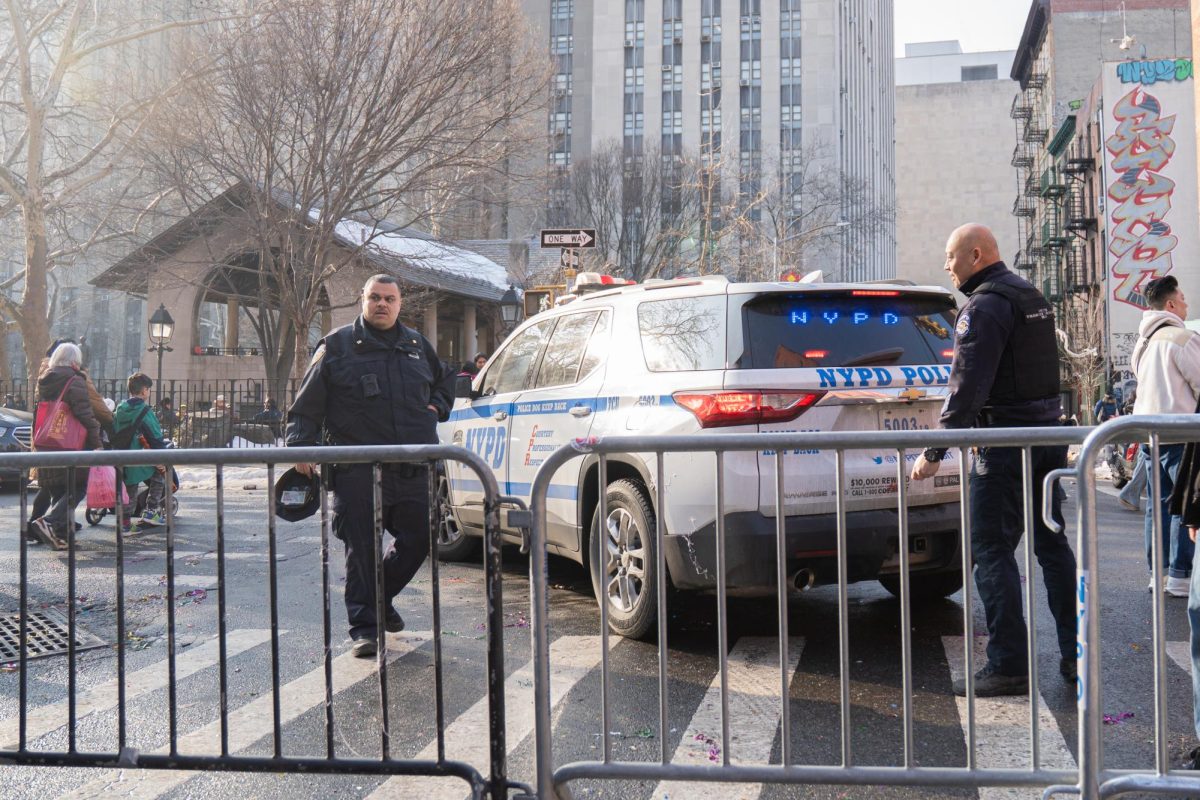
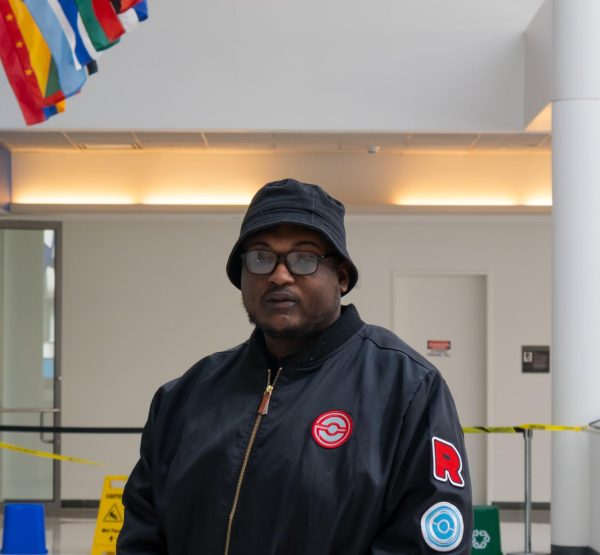
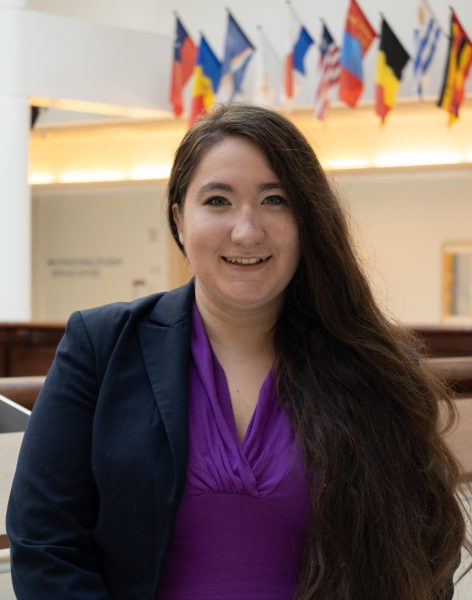
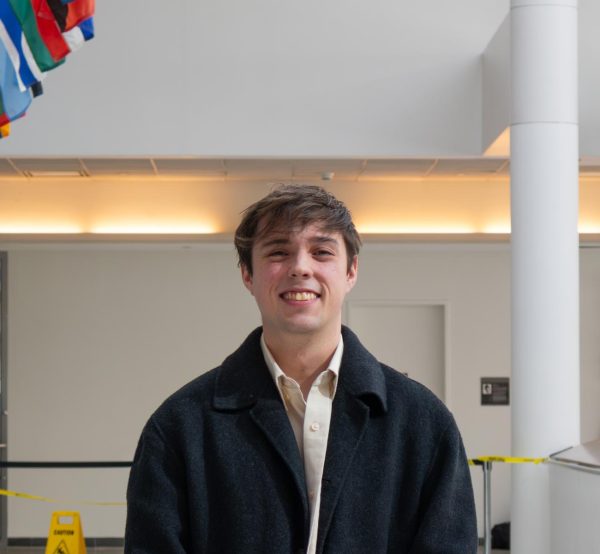
Rebecca Herman • Jan 4, 2024 at 11:15 am
Could you please respond with a link to The Ticker’s coverage of student activity in support of Israel’s hostages and protests against Hamas’ atrocious massacre. Thanks